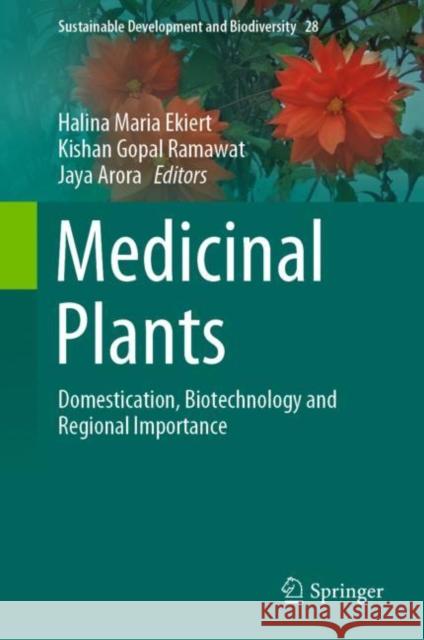Medicinal Plants: Domestication, Biotechnology and Regional Importance » książka
topmenu
Medicinal Plants: Domestication, Biotechnology and Regional Importance
ISBN-13: 9783030747787 / Angielski / Twarda / 2021 / 908 str.
Kategorie:
Kategorie BISAC:
Wydawca:
Springer
Seria wydawnicza:
Język:
Angielski
ISBN-13:
9783030747787
Rok wydania:
2021
Wydanie:
2021
Numer serii:
000500397
Ilość stron:
908
Waga:
1.62 kg
Wymiary:
23.88 x 20.57 x 4.83
Oprawa:
Twarda
Wolumenów:
01











